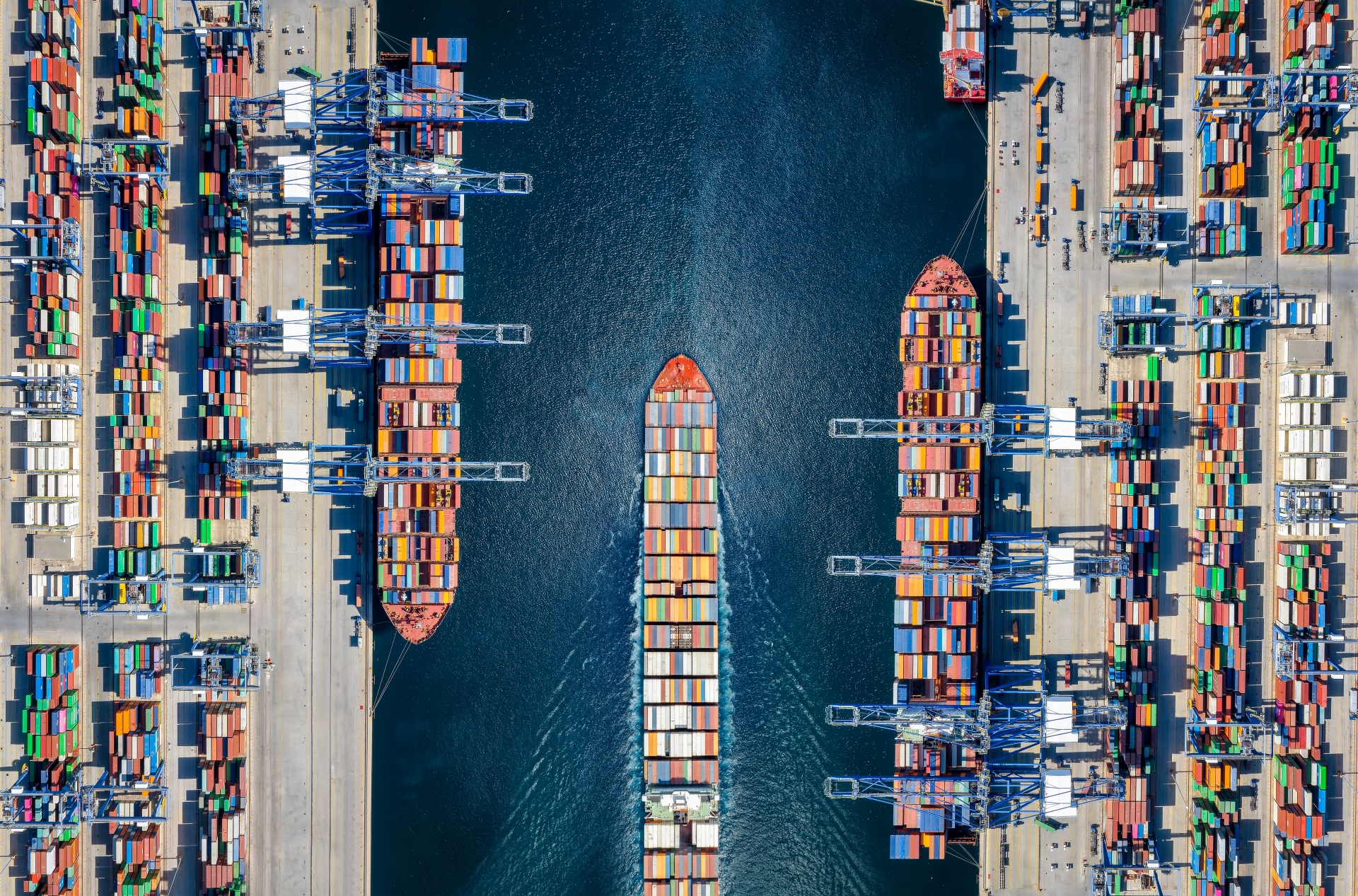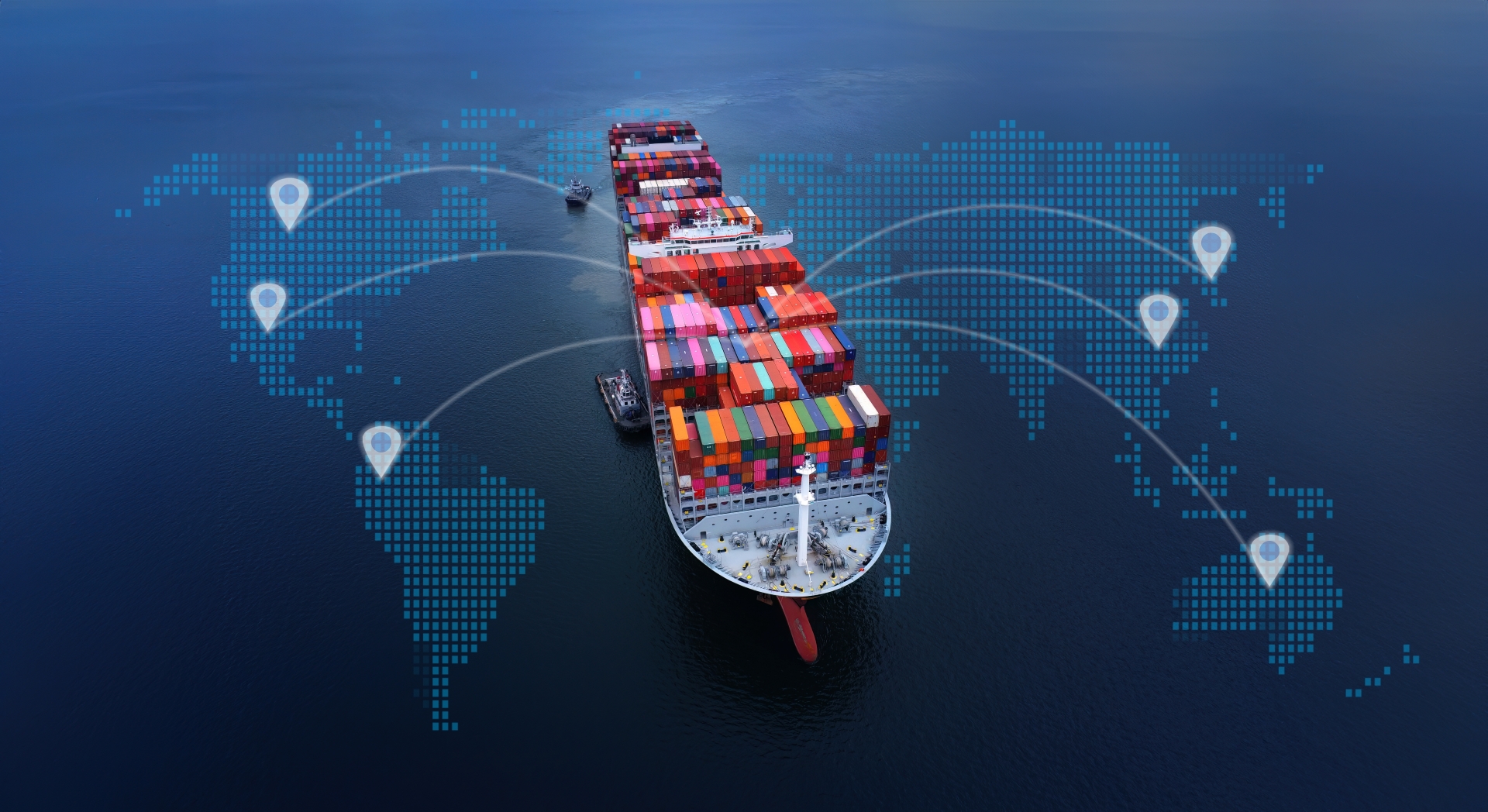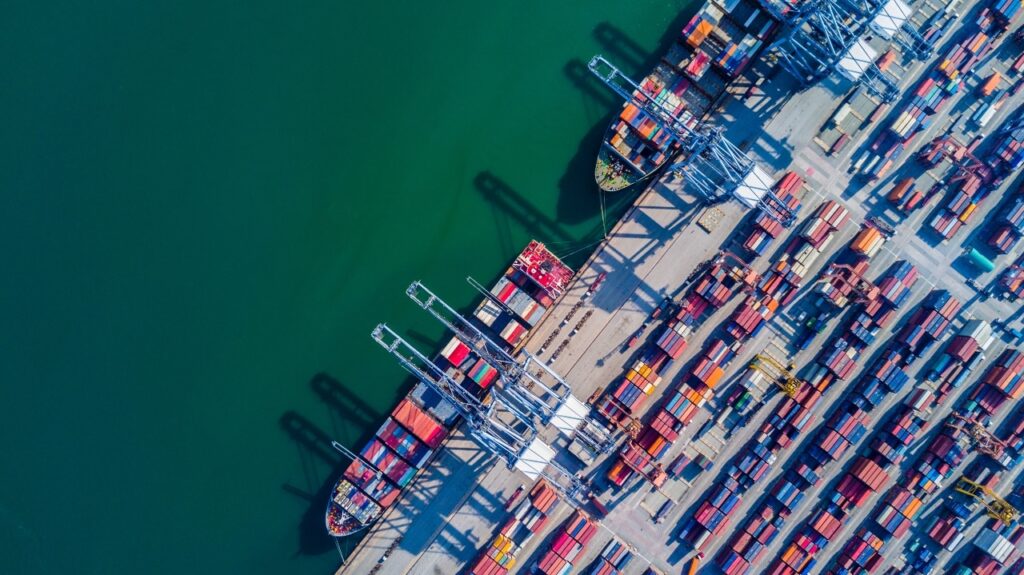Tariffs, which are taxes on imported goods, are widely used by governments to protect domestic producers, and in many countries, to raise revenue. Applied with economic prudence, tariffs can yield significant benefits. Yet, tariffs also carry a “beggar-thy-neighbour” reputation: governments raise barriers to influence counterparties’ trade behaviour. In today’s interconnected economy, such tactics can backfire, reducing global output and eroding the gains from comparative advantage that support trade, production, and welfare.
Recent years have brought escalating frictions: high-profile U.S.-China tariff disputes, renewed sanctions on Russia and Iran, Brexit-related barriers in Europe, and sudden export bans on critical commodities. These measures do more than raise costs; they inject uncertainty into contracts, shipping schedules, fees, and cash flows.

ICC Pulse Survey 2025: Business reactions to new U.S. tariffs
As tariffs rise and payment risks proliferate, trade finance tools are gaining renewed traction. Letters of credit (LCs) have reemerged as a preferred instrument for managing cross-border risk. But are today’s LCs still fit for purpose?
This article explores how bankers and businesses can rethink, redesign, and deploy LCs to withstand tariff shocks and geopolitical stress.

UCP 600 and ISBP 821 Practitioner
The resurgence of letters of credit (LCs)
When supply chain and structured trade finance tools gained popularity and banks launched digital platforms for supply chain finance, many assumed LCs would fade. However, COVID-19 and proliferating geopolitical risks reversed that trend, driving a resurgence in LC use. Their value lies in bank intermediation, which reduces risks inherent in international trade. Today, LCs are again viewed as major risk mitigants that provide reassurance in uncertain environments.
Tariffs add another layer of complexity. While traders view LCs as a comforting cushion against counterparty risk, the costs of issuance, confirmation, and amendments, on top of tariff-driven expenses, create pressure. This forces a trade-off: the safety of LCs versus higher transaction costs.
Read: ‘Evolution of UCP 600 and its impact on documentary credits‘
Industries returning to LCs
LCs are often the safest payment instrument when counterparties have limited knowledge of each other. Banks conduct due diligence, risk checks, and document reviews that help mitigate fraud and payment risk.
Several industries are turning back to LCs as rising risk makes them more attractive:
- Energy commodities: Heightened price volatility and geopolitical frictions lead buyers and sellers to prefer secure, bank-backed instruments.
- Semiconductors: Traders have increased their use of confirmed LCs after supplier defaults during tariff spikes.
- Agricultural products: Given their sensitivity to price swings, some participants are turning to standby LCs as an additional insurance layer.
Governments also play a role. For example, some Middle Eastern authorities have encouraged LC-backed deals to stabilise food imports amid oil price fluctuations. Similarly, development banks have expanded LC confirmation lines for African exporters to maintain trade flows, even under tariffs and currency controls.

Global Trade Certificate (GTC)
Why rethink LCs in today’s trade landscape?
Advantages of LCs amid tariffs
- Payment security: Shifts payment risk from buyers to reputable issuing or confirming banks.
- Tariff shock mitigation: Allows clauses that address tariff-related cost changes and shipment delays.
- Credibility in new markets: Provides assurance when entering tariff-volatile trade corridors.
- Financing areas: Facilitates pre-shipment and post-shipment financing.
Drawbacks to manage
Despite their advantages, LCs are not free from drawbacks. These include:
Operational and compliance burdens
- Documentation complexity: UCP 600 compliance is strict; minor errors can lead to non-payment.
- Cost impact: Issuance, confirmation, and amendment fees can erode margins, especially under tariff pressure.
- KYC and sanctions screening: Heightened geopolitical tension expands due diligence requirements.
Legal and reputational risks
Banks face litigation or reputational damage if they honour or dishonour an LC incorrectly during tariff-related disputes. For example, tariff-induced delays may trigger non-performance claims. Clear force majeure or price adjustment clauses can mitigate these risks.
Rigidity versus flexibility
While LCs offer certainty, they can be inflexible in volatile environments. In some cases, traders may prefer open account terms or collections for greater adaptability. The challenge for bankers is balancing LC certainty with contractual flexibility.
Mitigating risk in a tariff-war environment
To convert risk into opportunity, adapt LC structures with the following strategies:
- Price adjustment clauses: Permit adjustments if tariffs exceed specified/agreed thresholds.
- Tolerance levels: Use quantity/value tolerances (±) to absorb tariff-driven variations.
- Force majeure and government action clauses: Treat tariff changes as valid grounds for delay or amendment where permitted.
- Automatic amendment triggers: Pre-agree tariff-related amendments to avoid ad hoc renegotiations.
Leveraging LC variants
- Standby LCs: Provide payment guarantees that trigger only on default.
- Transferable LCs: Let intermediaries pass benefits to multiple suppliers to ease supply chain disruptions.
- Back-to-back LCs: Allow middlemen to leverage inbound LCs to support outbound transactions.

UCP 600 and ISBP 821 Practitioner
Aligning with the Incoterms® 2020 rules
Parties should ensure that the Incoterms® rule set out in the B2B contract for the sale of goods matches the LC and banks should guide clients to align LC terms with the chosen Incoterms® rule at all times, including in volatile conditions.
- The Incoterms® rules are designed to help provide predictability, but it is only one of the elements in a sale of goods – parties are well advised to align documentary requirements from invoice wording, HS codes, and delivery terms, with the appropriate Incoterms® rule to reduce ambiguity.
Integrated risk management
Banks should integrate LC design into enterprise risk management (ERM). Digital trade platforms can link real-time tariff updates to LC monitoring to improve responsiveness and control.
Core takeaways
- LCs remain effective tools for managing payment and geopolitical risk.
- Legacy LC templates may not address tariff shocks adequately.
- Proactive design that adds flexibility and tariff-related clauses can turn LCs into protective instruments.
- Banks should run “what-if” scenarios (e.g., a sudden 25% tariff hike on steel) to stress test LC resilience.
What this means for banks and traders
The global trading system is unlikely to return to the low-tariff stability of the early 2000s. Strategic competition, climate policies, and national security concerns will keep tariffs central to economic policy.
In this environment, well-structured LCs remain a vital line of defense for banks and traders. Institutions that modernise LC frameworks, build in flexibility, and train staff on tariff-risk will be better positioned to navigate volatility. Those that rely on static, boilerplate templates may find that their LCs insufficient when tariffs rise.
References
African Development Bank (2024) AfDB approves $4 million trade finance guarantee for Access Bank Sierra Leone. Available at: https://www.afronomicslaw.org/category/news-and-events/news-12062024 (Accessed: 27 September 2025).
Arab News (2024) Egypt seeks financing to buy essential commodities, strengthen reserves. Available at: https://www.arabnews.com/node/2570793/economy (Accessed: 27 September 2025).
DDCAP (2025) News in brief: ITFC signs syndicated LC confirmation facility with Crédit Populaire d’Algérie (CPA) Bank. Available at: https://www.ddcap.com/news-in-brief-64/ (Accessed: 27 September 2025).
Islamic Corporation for the Insurance of Investment and Export Credit (2025) Quarterly Newsletter Q1 2025: Risk mitigation support for LC confirmation transactions. Available at: https://iciec.isdb.org/newsleters/newsletter-q1-2025-2/ (Accessed: 27 September 2025).
ICC (2007) UCP 600: Uniform Customs and Practice for Documentary Credits. Paris: International Chamber of Commerce.
World Trade Organization (2023) World Trade Report 2023: Re-globalization for a Secure, Inclusive and Sustainable Future. Geneva: WTO




